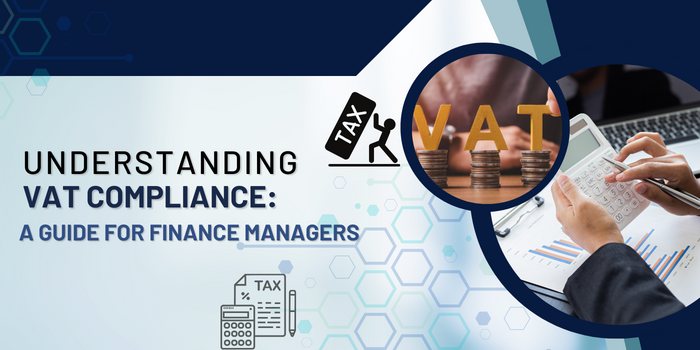The financial world is rife with complexities, and one of the most intricate areas is Value-Added Tax (VAT) compliance. Financial companies often find themselves at the center of this labyrinth, navigating through a myriad of regulations and obligations. Are these institutions the unsung heroes upholding the sanctity of tax laws, or are they merely adept at creative accounting? Let’s delve into the dual roles they play in VAT compliance.
Financial Companies: Champions of VAT Compliance?
Financial companies often position themselves as the paragons of VAT compliance. They have departments brimming with tax experts who seemingly spend their days ensuring every cent is accounted for and reported to the tax authorities. The meticulous attention to detail and rigorous internal audits are touted as evidence of their unwavering commitment to upholding tax laws. It almost feels like these companies are doing the world a favor by keeping the tax system in check.
Moreover, financial institutions frequently engage in extensive training programs for their staff, ensuring everyone is up-to-date with the latest VAT regulations. This continuous professional development is held up as a testament to their dedication to compliance. One might even think these companies are more invested in tax law than in their actual business operations.
Let’s not forget the public relations campaigns. Financial companies love to showcase their compliance achievements, often highlighting their contributions to the national treasury. They present themselves as the responsible adults in the room, making sure the wheels of the economy keep turning smoothly. It’s almost enough to make you believe they’re the unsung heroes of the tax world.
Or Just Masters of Creative Accounting?
But let’s not get too carried away with the praise. Financial companies are also renowned for their creative accounting techniques, which can sometimes make their VAT compliance look more like a magic trick than a genuine effort. With an arsenal of loopholes and tax havens at their disposal, these institutions can often make substantial sums of money vanish from the taxman’s radar.
The intricate web of subsidiaries and offshore accounts that financial companies weave can make it incredibly difficult for tax authorities to track their true VAT obligations. It’s almost as if these companies are playing an elaborate shell game, moving assets and liabilities around to minimize their tax burden. And when they do get caught, the penalties often pale in comparison to the benefits they’ve reaped.
Then there’s the issue of lobbying. Financial companies spend millions to influence tax legislation, often pushing for more lenient VAT rules or specific exemptions that benefit their bottom line. They might publicly champion VAT compliance, but behind closed doors, they’re working tirelessly to shape the rules in their favor. It’s a masterclass in saying one thing and doing another.
In the grand theater of VAT compliance, financial companies play dual roles with aplomb. They present themselves as the diligent stewards of tax laws, ensuring every regulation is meticulously followed. Yet, behind the curtain, they are equally adept at bending those very rules to their advantage through creative accounting and influential lobbying. Whether they are the champions of compliance or the masters of manipulation depends largely on which side of the curtain you’re looking from. One thing is certain: in the world of financial companies and VAT, appearances can be very deceiving.
